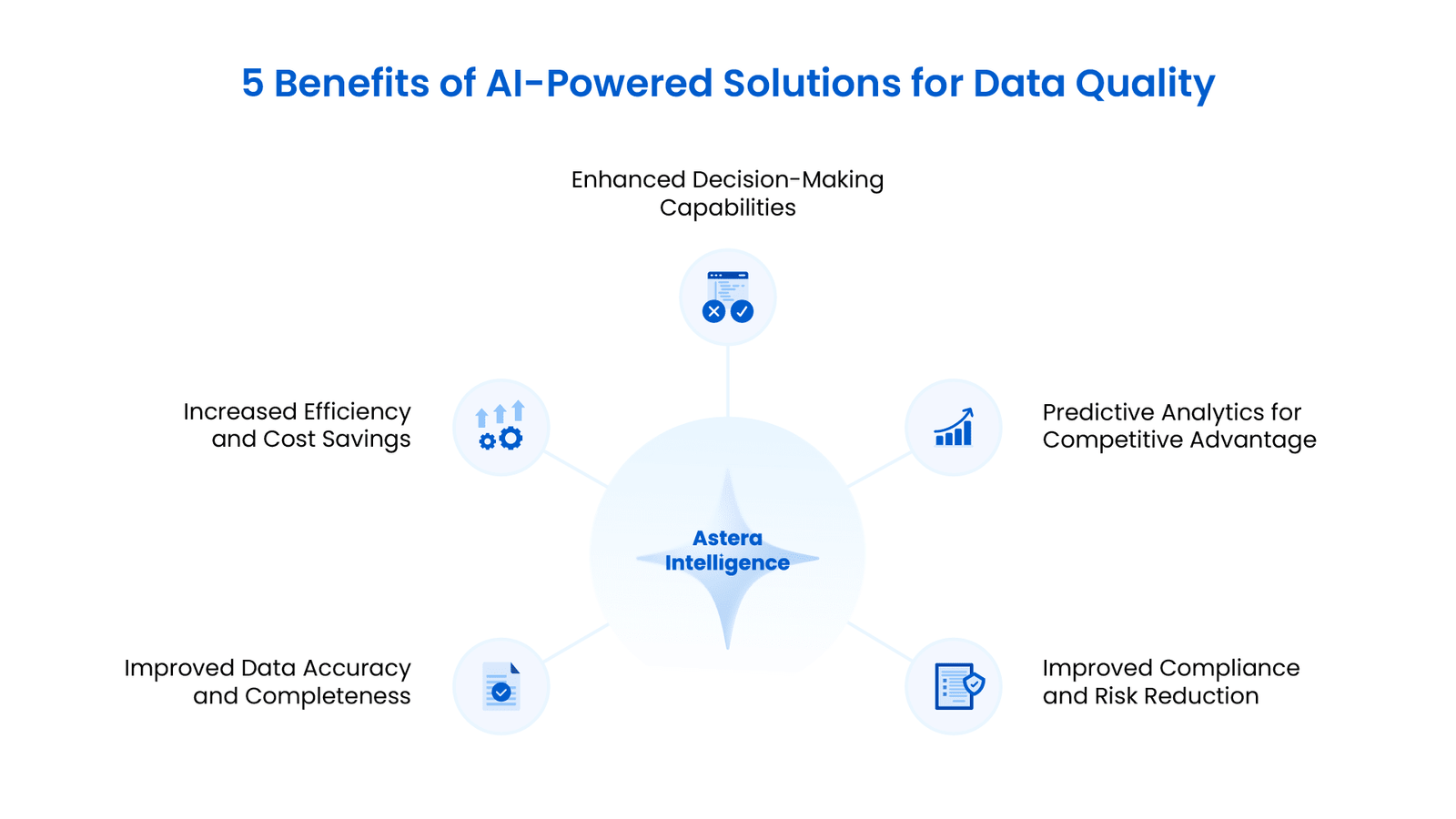10 Powerful Strategies to Sell AI Services Like a Pro

In a fast-growing world of digital technology, the ability to sell AI services is no longer a choice, but an absolute necessity for any business looking to survive. But how do you stand out in a highly competitive industry, and effectively sell AI services to potential customers? That is where the importance of mastering 10 Powerful Strategies to Sell AI Services.
10 Powerful Strategies to Sell AI Services Like a Pro and Achieve Success

Image Source: Google
Here, you’ll learn 10 tactics that should be at the core of every sales cycle so you’re connecting with prospects, earning their trust, and closing more deals. From understanding what your prospects need to move forward to creating compelling value propositions, these strategies will help you start seeing your AI services as indispensable solutions. Whether you’re a veteran sales rep or you just got into the AI world, these easy-to-implement tips will give you the tools you need to elevate your sales performance.
Let’s dive in and learn how AI can really transform your sales process and drive growth for your business!
1. Spot High-Quality Leads Instantly with AI Scoring
Let’s face it, all that leads chasing just isn’t helping. That’s where AI lead scoring comes into play. Think of it as your very own sales GPS, which shows you the most promising leads.
Instead of guessing who’s ready to buy, AI evaluates the activity like when someone visits your pricing page, clicks on emails, or engages on social media and assigns each lead a score. The higher the score, the hotter the lead. With lead scoring software like Starter Suite you can take it to the next step, unlocking features like:
-
Lead scoring based on key behaviors and interactions
-
Predictive insights that highlight the most likely conversions
-
Data enrichment that adds depth with third-party info
-
Real-time alerts when leads take high-intent actions
-
Behavior tracking that keeps lead profiles up to date
-
AI integrations that streamline qualification and save time
By using AI to prioritize your outreach, you spend more time closing and less time chasing.
Read More: How to Write a Winning Social Media Strategy for Your Brand?
2. Personalize Every Email with AI That Understands Your Audience
Let’s be honest most sales emails seem to have been written for everyone (and no one) at one point. But AI is changing how we communicate by understanding your customers better, AI can help you craft messages that resonate with your audience.
You can now generate content that’s specific to different segments, personalize subject lines and recommend product recommendations for them. And what’s more, AI provides you with all kinds of flexibility. So, why not test lots of subjects, e-mail layouts or calls-to-action? With real-time data and insights, you can know what works.
With AI on your side you aren’t just emailing people you are creating valuable conversations that drive action and trust.
3. Automate Your Email Marketing to Show Up at the Right Time
Email marketing without the right timing can go so wrong. But if you have AI behind it all your email will come through when it’s most valuable. Tools like Agentforce lets you automate everything from your welcome series to follow-up emails on products purchased.
AI watches how your audience interacts and then delivers emails at optimal times when they’re most likely to open and engage. It learns from patterns, adapts to your audience, and avoids spamming your contacts by adjusting frequency intelligently.
Plus, with predictive features you can suggest next steps to your customers like suggesting the perfect add-on after a recent purchase. This kind of smart automation keeps your communication timely, relevant, and radically more impactful.
Read More: Best Free Email Marketing Tools for Businesses in 2025
4. Eliminate Busywork and Let Your Sales Team Shine
Your salespeople were hired not to type in the numbers or take care of spreadsheets. That’s where AI can make all the difference. It can get rid of repetitive work like logging emails, updating contact information, or submitting follow-up reminders so your sales team can get to work building relationships and closing deals.
Here’s how AI makes everyday sales tasks easier:
-
Instantly capture leads from forms, chats, and emails
-
Auto-assign leads based on custom criteria
-
Keep records fresh with live updates
-
Sync contacts with calendars and inboxes
-
Auto-update deal stages and statuses
-
Trigger follow-ups and reminders without lifting a finger
-
Notify reps about deadlines and engagement drops
-
Send templated messages in a click
-
Log all communications for a seamless handoff between reps
By freeing your team from the grind, AI allows them to do what they do best connect, engage, and sell.
5. Make Smarter Moves with AI-Powered Dashboards and Real-Time Insights
To sell smarter, you need transparency and that’s exactly what AI-powered dashboards can do for you. Success in sales is a matter of data. And when you can see it literally now, you can make faster, better decisions.
Customize dashboards so you can see your performance, monitor KPIs, and automatically generate reports to keep your team engaged and on top of the game. Whether it’s product trends, campaigns’ performance, or lead conversions, AI turns raw data into visual stories your team can understand.
Here’s how AI takes your dashboards to the next level:
-
Interactive dashboards – Visualize key metrics with bar charts, graphs, and gauges tailored to your brand
-
Live updates – Access real-time data and auto-refresh reports for up-to-the-minute accuracy
-
Data storytelling – Spot trends, track goals, and identify patterns through intuitive visualizations
-
Historical snapshots – Compare performance over time to adjust your strategy with confidence
-
No-code analytics – Create, customize, and explore data without needing tech skills
When your data is presented clearly and accurately, every team member can make smarter decisions and take action with confidence.
6. Sell Smarter with Adaptive, AI-Driven Sales Playbooks
Think of a sales playbook as your team’s cheat code to success it keeps your reps on task, on message, and on track. But when you’re added to the mix with AI, your playbooks turn into dynamic, real-time tools that constantly adapt.
Instead of using straight playbooks, AI-powered playbooks learn from buyer behavior, the stage of each deal, and real-time customer feedback. If a buyer’s preferences change, or a new objection is raised, your playbook changes instantly, alerting your team with the right message at the right time.
Here’s what makes AI-enhanced sales playbooks a game changer:
-
Real-time adaptability – Tweak strategies instantly based on what’s working
-
Behavior-driven updates – Guide reps based on customer actions and buying signals
-
Personalized coaching – Help reps navigate conversations with smart, context-aware prompts
-
Automation built-in – From follow-ups to quoting, AI helps reps do more in less time
Tools like Agentforce take it even further automating engagement, nurturing leads around the clock, and giving sales reps the confidence to close more deals with AI-backed support.
7. Supercharge Your Online Storefront with AI Magic
It can be tough to run an online business but with artificial intelligence you’ll have more time to simplify, scale, and succeed. From personalized recommendations to smart pricing and checkout optimization, AI can revolutionize your storefront.
Imagine that a customer visits your site, there’s a single product they’re most likely to like, there’s a friendly reminder to check out what they are holding in their cart, there’s a limited time offer that closes the sale that’s exactly the kind of personalized experience artificial intelligence enables.
Here’s how AI can transform your online store:
-
Smart product recommendations – Boost engagement by showing customers what they’re likely to buy
-
Cart recovery automation – Gently nudge shoppers to return and complete their purchase
-
Dynamic pricing tools – Adjust prices in real-time to stay competitive and drive conversions
-
Intelligent search – Help customers find what they need fast, improving user experience
-
Integrated marketing & checkout – Streamline everything from email campaigns to payment processing
With tools like Commerce for Small Business, you can manage it all from one place marketing, sales, service and uncover insights that help you build better relationships and sell smarter across every channel.
8. The Current State of AI in Sales
AI is no longer just an invent for the future; it’s already changing how businesses sell, connect, and grow. To put it another way, artificial intelligence is today the new standard across all business functions. From lead generation and qualification to personalized outreach and performance metrics, AI is simplifying the sales process like never before.
Modern sales teams are now using AI to:
-
Predict buyer intent based on real-time behavior
-
Automate repetitive tasks, freeing reps to focus on selling
-
Personalize communication at scale
-
Prioritize leads with data-driven insights
-
Forecast revenue more accurately with predictive analytics
AI is also more widely accessible now than ever before as various CRMs (including Salesforce, HubSpot, and Zoho CRM) have invested heavily in getting it in the core of their systems and making it as simple as possible to use it.
In short, the state of AI in sales right now is stellar and it’s only getting better. Businesses that begin to leverage AI early are seeing massive benefits including improved efficiency, better engagement, and faster deal cycles. Sales is no longer digital it’s smart.
9. Sell Smarter: How AI Uses Psychology to Predict Buyer Behavior
AI technology is always changing, but it’s not just getting faster it’s getting smarter about how humans behave. There is one core trend shaping the future of AI in sales: computational psychometrics, an approach to combining machine learning with psychological models to better understand prospects’ personalities.
This is something that was very hard to do prior to Humantic AI. It collects information from people’s online profiles, and then scores them using top-quality psychological models like The Big Five Personality Model. Why is this important? Because personality has a huge effect on how and why people buy.
Let’s break it down:
Imagine your AI system automatically classifies a lead as an I-Type personality someone with a natural tendency to be cautious and skeptical. Prior to being presented with them, they’d be hard to convert on. Then, once you’ve identified what they’re going through you can shift your pitch to focus on building trust, nurturing the relationship, and bringing a clear decision-making environment to the table.
This kind of personality-driven selling replaces guesswork with science and helps close deals that might otherwise slip through the cracks.
Here’s why this future trend matters:
-
Hyper-personalized outreach – Speak to each buyer in a tone and style they relate to
-
Deeper lead insights – Go beyond demographics to understand motivations and fears
-
Stronger relationships – Build rapport faster with empathy-driven messaging
-
Higher conversions – Tackle objections before they arise by understanding what makes a buyer tick
Pro Tip: Start learning basic personality cues and selling styles now it’ll make adopting psychometric AI tools even more effective when you’re ready to scale.










